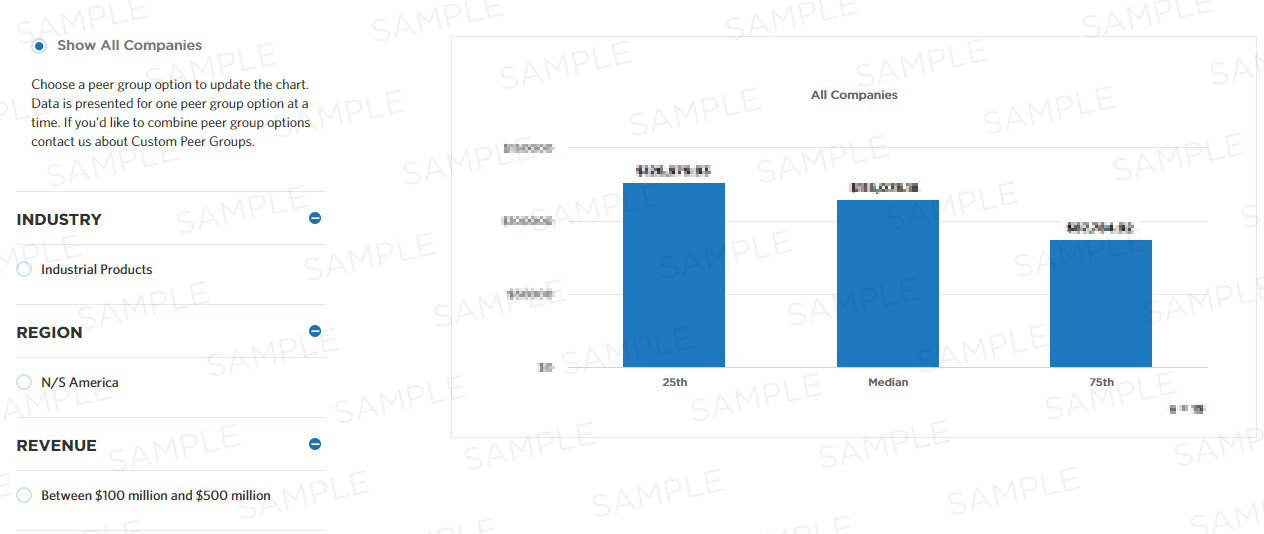Percentage of active customers who are repeat customers
This measure calculates the percentage of active customers who are repeat customers. A customer is considered active if they have purchased a business entity's product at least once in a 12-month period. This measure is part of a set of Supplemental Information measures that help companies evaluate additional variables not covered elsewhere for the "manage customers and accounts" process.
Benchmark Data
| 25th | Median | 75th |
|---|---|---|
| - | - | - |

Compute this Measure
Units for this measure are percent.
Percentage of active customers who are repeat customers
Key Terms
Supplemental Information
Supplemental information is data that APQC determines is relevant to decision support for a specific process, but does not fit into the other measure categories such as cost effectiveness, cycle time, or staff productivity.